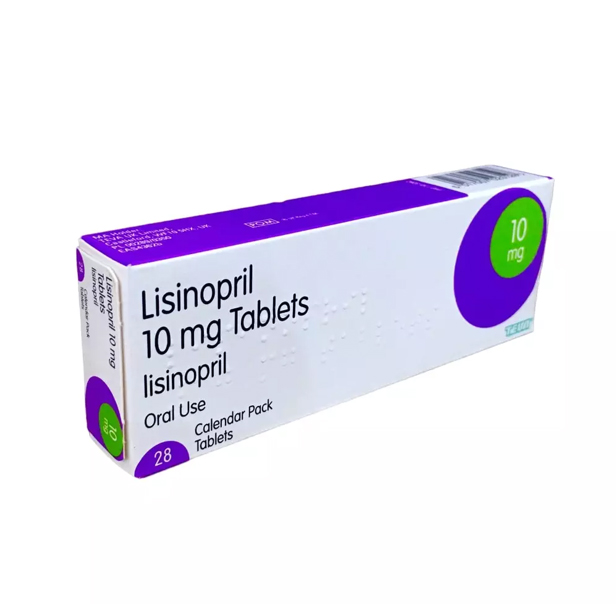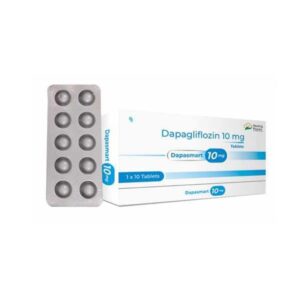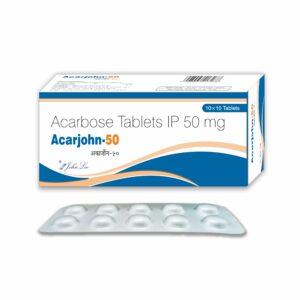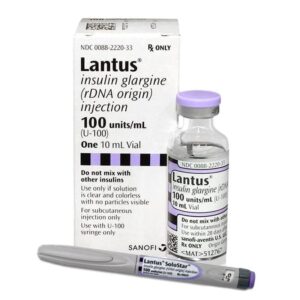Description
What is lisinopril?
Lisinopril is used alone or in combination with other medications to treat high blood pressure in adults and children 6 years of age and older.
Lisinopril is also used in adults to treat congestive heart failure and to improve survival after a heart attack.
Lisinopril belongs to a class of medications called angiotensin-converting enzyme (ACE) inhibitors. It works by decreasing certain chemicals that tighten the blood vessels, so blood flows more smoothly and the heart can pump blood more efficiently.
High blood pressure is a common condition and when not treated, can cause damage to the brain, heart, blood vessels, kidneys, and other parts of the body. Damage to these organs may cause heart disease, a heart attack, heart failure, stroke, kidney failure, loss of vision, and other problems. In addition to taking medication, making lifestyle changes will also help to control your blood pressure. These changes include eating a diet that is low in fat and salt, maintaining a healthy weight, exercising at least 30 minutes most days, not smoking, and using alcohol in moderation.
Warnings
Do not use lisinopril if you are pregnant. It could harm the unborn baby. Stop using this medicine and tell your doctor right away if you become pregnant.
You should not use this medicine if you have ever had angioedema. Do not take lisinopril within 36 hours before or after taking medicine that contains sacubitril (such as Entresto).
If you have diabetes, do not use lisinopril together with any medication that contains aliskiren (such as Amturnide, Tekturna, Tekamlo).
You may also need to avoid taking lisinopril with aliskiren if you have kidney disease.
Before taking this medicine
You should not use lisinopril if you are allergic to it or to any other ACE (angiotensin converting enzyme) inhibitor such as captopril, fosinopril, enalapril, benazepril, moexipril, perindopril, quinapril, ramipril, or trandolapril.
Do not take lisinopril within 36 hours before or after taking medicine that contains sacubitril (such as Entresto).
If you have diabetes, do not take lisinopril with any medication that contains aliskiren (a blood pressure medicine).
Do not take lisinopril if you have a history of angioedema (severe allergic reaction).
To make sure this medicine is safe for you, tell your doctor if you have ever had:
- heart disease, heart problems such as a recent heart attack;
- low blood pressure;
- low white blood cell count;
- stomach pain;
- if you are on a low-salt diet;
- diabetes;
- liver disease; or
- kidney disease (or if you are on dialysis).
You may also need to avoid taking lisinopril with aliskiren if you have kidney disease.
Stop using this medicine and tell your doctor right away if you become pregnant. Lisinopril can cause injury or death to the unborn baby if you use the medicine during your second or third trimester.
Do not breastfeed.
Lisinopril pregnancy and breastfeeding warnings (more detail)
How should I take lisinopril?
Take lisinopril exactly as prescribed by your doctor. Follow all directions on your prescription label and read all medication guides or instruction sheets. Your doctor may occasionally change your dose..
You may take lisinopril with or without food.
Measure liquid medicine with the supplied measuring device (not a kitchen spoon).
Your blood pressure will need to be checked often and you may need frequent blood tests.
Tell your doctor if you have a planned surgery.
Call your doctor if you have ongoing vomiting or diarrhea, or if you are sweating more than usual. You can easily become dehydrated while taking lisinopril. This can lead to very low blood pressure, an electrolyte imbalance, or kidney failure.
If you have high blood pressure, keep using lisinopril even if you feel well. High blood pressure often has no symptoms.
Store tightly closed at room temperature, away from moisture and heat. Do not freeze.





